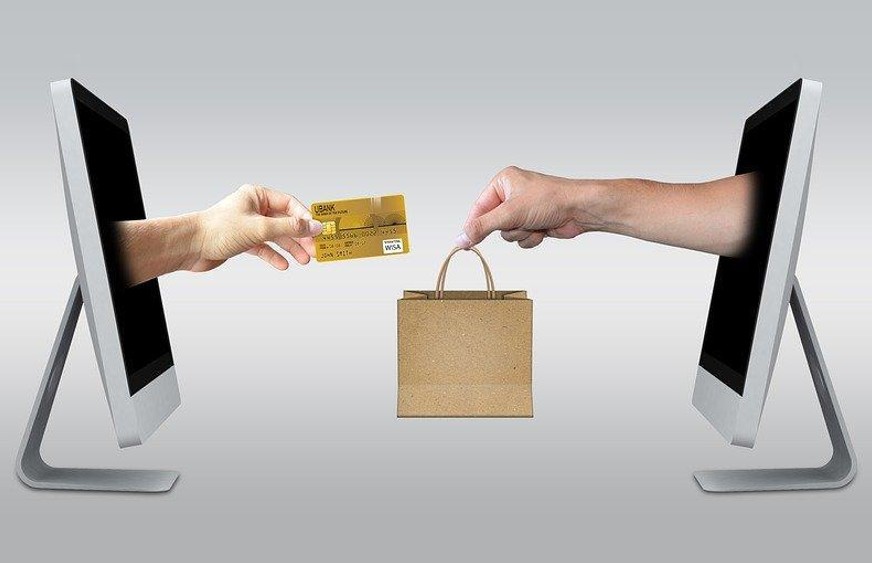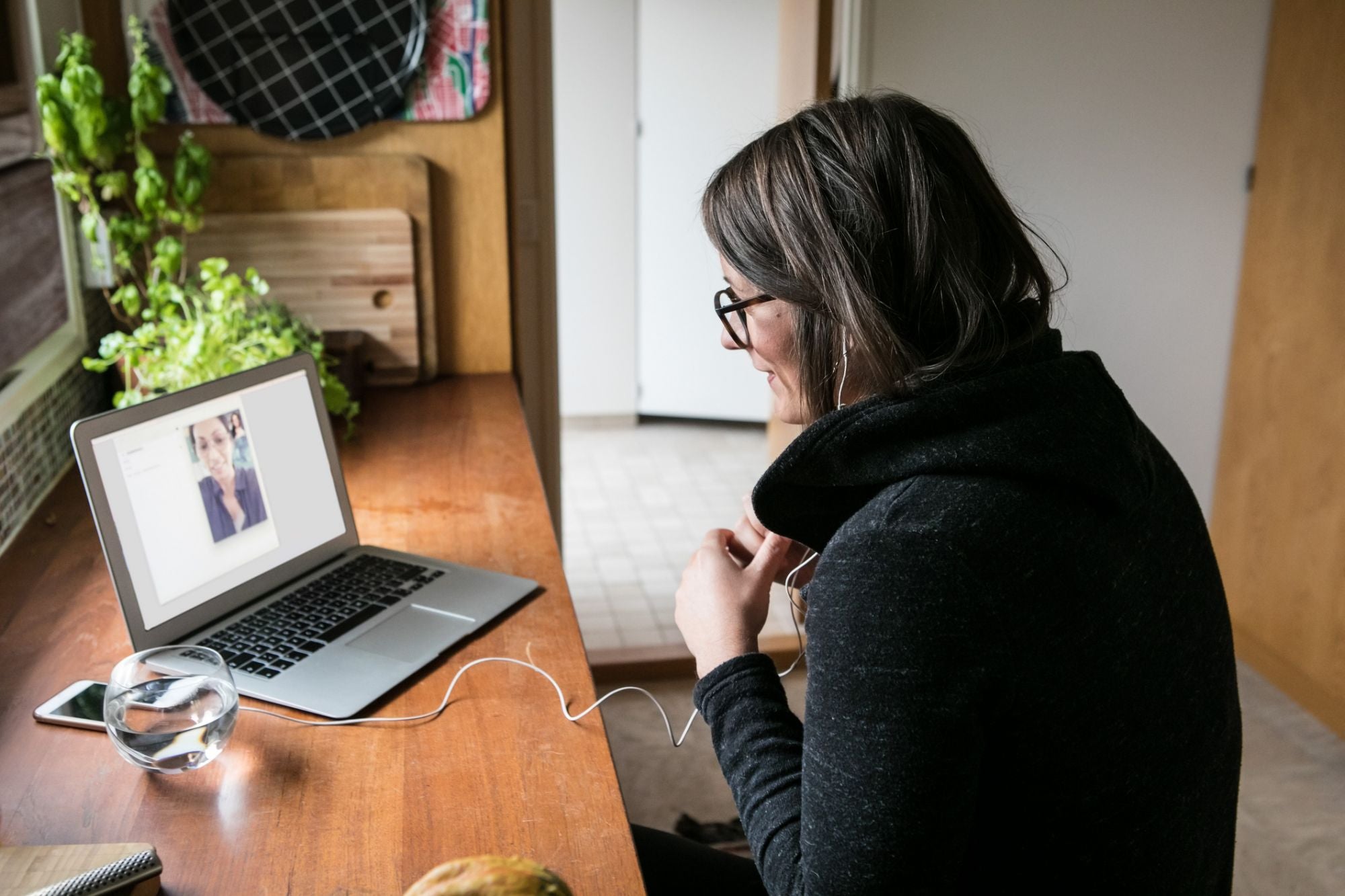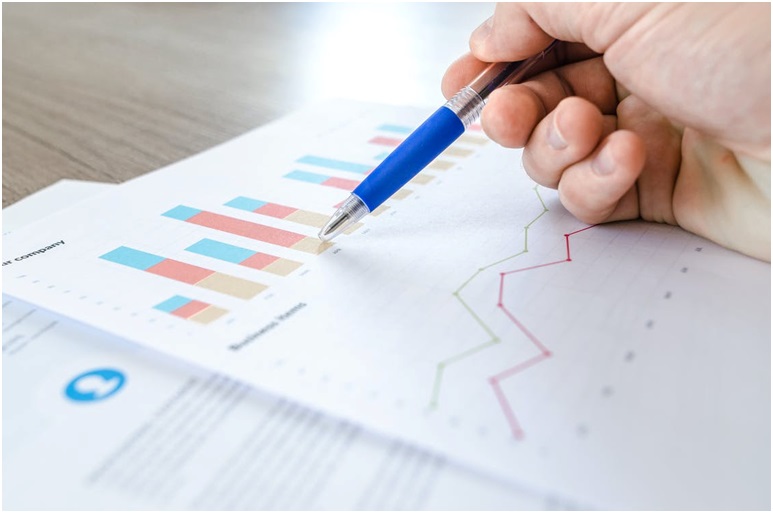How to keep sensitive data safe and secure?

It’s difficult to go a few days without hearing about a massive data breach that might expose millions of consumers’ sensitive information to hackers. When you are online, questions about personal data and it’s security will always be in your mind at all times. You should always have a way to keep your data safe, whether at a bigger organisational level or at an individual one. And the more data you need to safeguard, the more crucial data security becomes.
Here are some ways you can keep your personal information safe and secure, especially if it could be used against you.
Password-Protect Your Devices
If you don’t use a password to log in, a thief has immediate access to all of your information. You need to make your passwords secure. Many of us are guilty of repeatedly using the same password. This is unsafe activity because it’s not difficult for identity thieves to gain access to additional of your accounts once they figure out one password. Long and random passwords are the most secure. To create and manage passwords, consider utilising a password management tool.
The problem with oversharing
On social media, don’t overshare.
We’ve all got that one friend who shares far too many personal details about their lives on social media. This is not only inconvenient, but it also puts your personal information at danger. Be wary of sharing too much personal information on social media as it can come back to bite you in the end.
Use caution when using free Wi-Fi.
No one ever said that a little online shopping was bad but as it turns out, it can be bad. Most free public Wi-Fi networks have insufficient security protections in place, which means that other people on the same network could readily see what you are doing. Before taking out your phone, be sure you’re at home or connected to a safe, password-protected network.
Settings for app privacy.
Despite the fact that application security can apply to desktop devices, it is most commonly associated with mobile apps. In the guise of data collecting, some apps request greater access than they require. These rights give them access to a variety of data on the device, such as contacts, browsing history, and geolocation.
Don’t give away your personal information.
Do not give away your personal information to any organisation before you look out the organization’s phone number independently and call them. Before entering any personal information, check the top of your browser. A website’s privacy policy, contact information are all examples of ways to determine whether or not a site is trustworthy.
Make a copy of your data.
Copying physical and virtual files or databases to a secondary place for preservation in the event of equipment failure or assault is referred to as backing up your data. Data backup is a critical component of disaster recovery strategy. It’s also the most effective way to recover from ransomware attacks or severe data losses.
.











